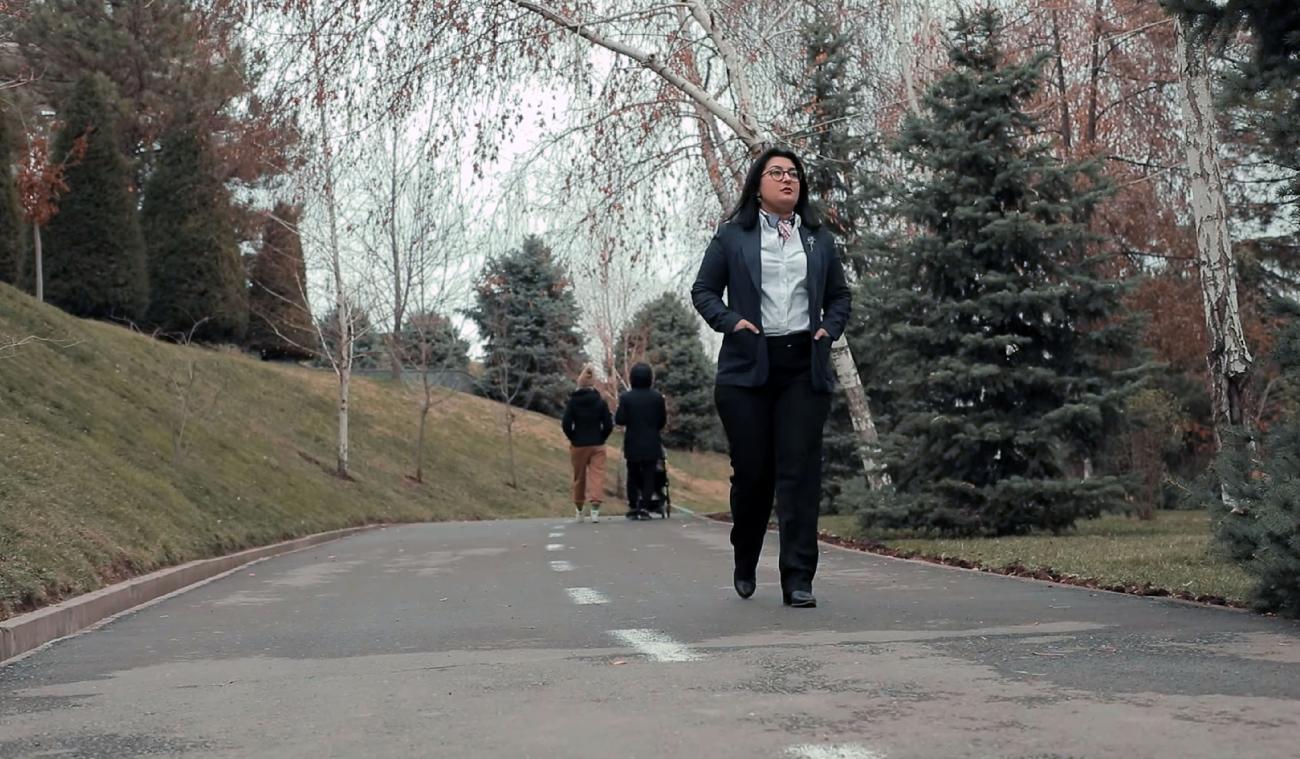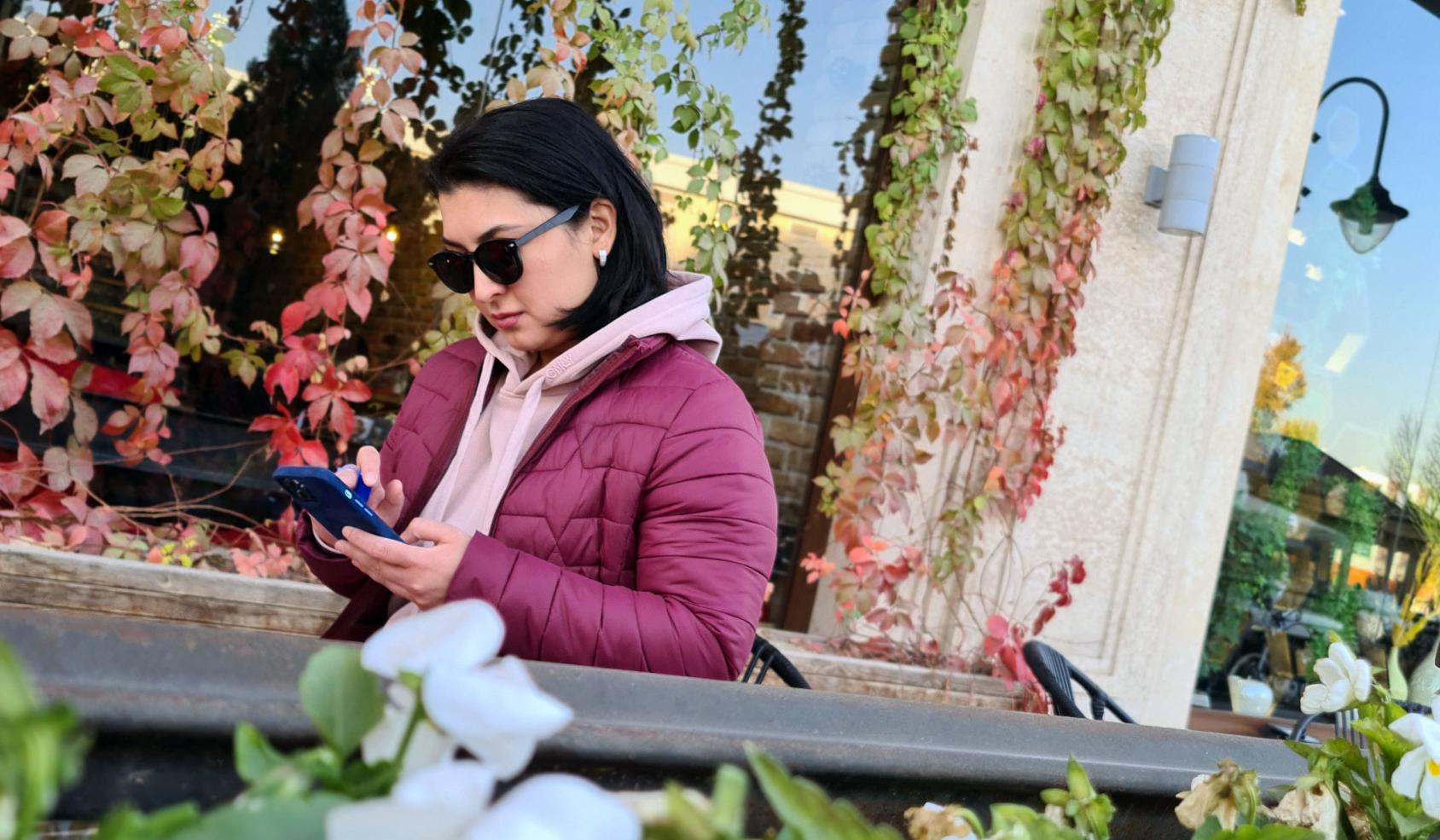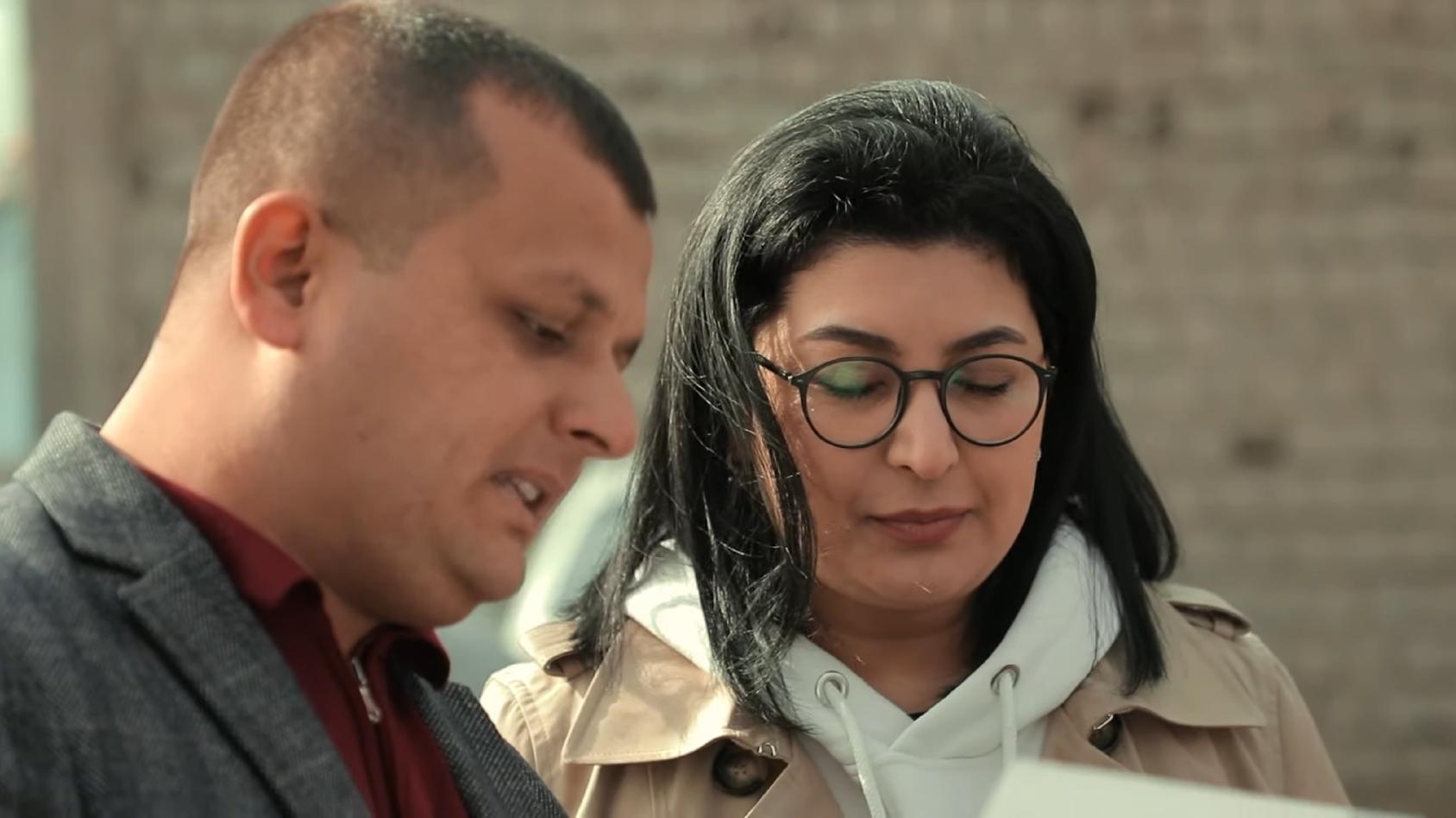"Silence begets violence”: An activist-blogger in Uzbekistan speaks out against gender-based violence


It’s close to midnight on a gloomy Saturday in November. But for Aqida Mokhirova, Tashkent-based environmentalist and soil scientist turned activist and blogger, the day is far from over.
She’s busy responding to pleas for help.
“Every day I get up to 15 letters and messages from all across the country. Half of them are about domestic violence,” Aqida says. “They come from people who follow me on social networks or from those who don't know me but need help. Sometimes we also get letters from friends or family members, when those being abused can’t reach out to us themselves.”

Aqida started blogging in 2017 when increasing freedom of expression led some Uzbeks to write about topics that had previously been off limits. Journalists, bloggers, and politicians have been speaking out more against gender-based violence. Survivors have begun to talk more openly about their experiences.
As Aqida’s readership grew, so did the number of requests for help.
Aqida investigates every claim of domestic violence she receives. When possible, she’ll interview the survivor and cross-check with people in her surroundings. Aqida often asks for proof—such as videos, photos, or screenshots of threats of violence—to make the case as strong as possible. Then she submits all the materials to the Violence Prevention Unit of the Uzbek Ministry of Internal Affairs for further examination.
“People on social media also contribute to building a new culture where violence is unacceptable.” says Aqida, showing hundreds of comments under one of the videos she posted YouTube.
“I am not choosing the easy way”
"I am often asked why, out of so many topics, I chose one of the daunting ones,” says Aqida. “My answer is simple. I am no stranger to violence myself.”
Many girls and women who have experienced violence are afraid and insecure. Aqida believes that, by sharing their stories in her blog, she is helping to restore faith in justice for those whose voices have gone unheard and whose loved ones have rejected them.
In addition to her activism on social media, Aqida has, over the past few years, taken part in court proceedings, done countless hours of counseling, and helped many survivors of abuse find shelter.

“Each story is tragic in its own way, each story is complex and emotionally difficult,” Aqida says. “I could easily write about trending topics like music, movies, beauty, travel and so on, but I care about ending violence, and that is why I talk and write about it. I want to help.”
Helping women through the law
According to the government of Uzbekistan, from January-September 2021, nearly 30,000 women and girls who had been subjected to harassment and violence received protection orders.
In 2019, Uzbekistan adopted a Law on Protecting Women from All Forms of Harassment and Violence. The law was developed with support from the UN in Uzbekistan, including UNDP, UNFPA, UN Women, OHCHR, FAO, UNESCO, and IOM.
UN agencies in Uzbekistan are countering violence in other ways, too. In rural areas UNDP is supporting the creation of free legal aid clinics and centres for psychological support. In addition, UNFPA partnered with the Uzbek government to launch a “No to Violence” channel on a popular instant-messaging app, providing information and contacts for those who have experienced gender-based violence.
“Silence begets even more violence. You can’t completely eradicate violence, but you can change attitudes and dispel stereotypes,” says Aqida.
A former player on a college handball team, Aqida believes in cooperation. She says that reducing violence “is possible only when we all act and fight against it together.”
Now early on a Sunday morning in Tashkent, the city is still asleep. But Aqida is already at her desk, going through her mail and making a to-do list. Today again there is a lot to get done.
Written by Anvar Meliboev (Public Information Officer, UNO Tashkent). Translation and editorial support by Maria Podkopaeva and Paul VanDeCarr, Development Coordination Office. Learn more about the efforts of the UNCT team in Uzbekistan on Uzbekistan.UN.org.





































